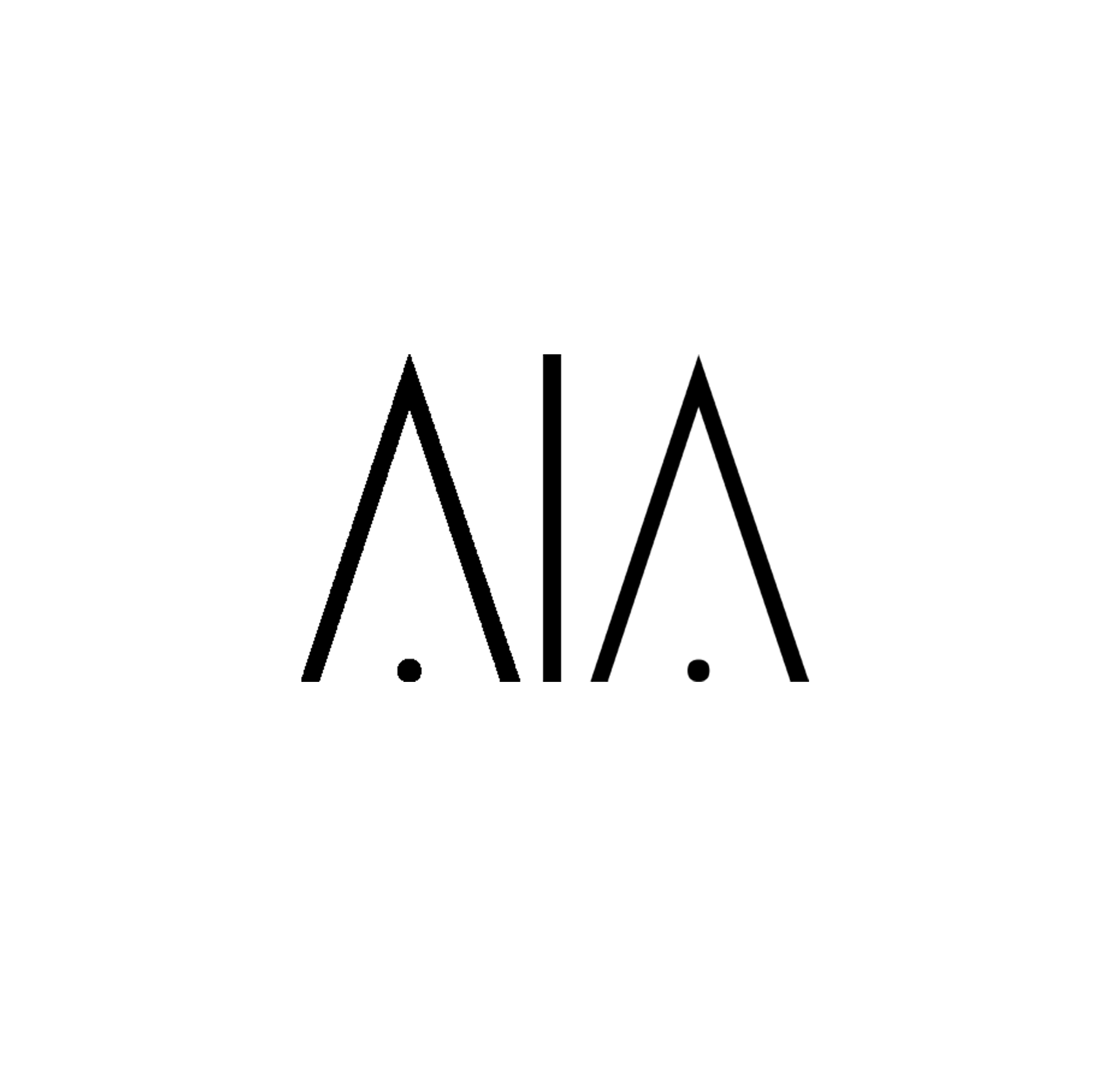Art Hotel and the "Artist-Friendly City"
Art Hotel & the "Artist-Friendly City
Artfinder concluded in a 2017 report that UK artists earn less that £10,000 per year on average. And even this figure is visual art and London-centric. In principal, this comes as no surprise, but when we take into consideration matters like geography, gender inequality, class and racial inequity, the statistics are even more humbling. It becomes evident there are so many people in our cities who are marginalised, not only for their intersectional identities, but also for the career path they pursue.
It is 'interesting' that in many of our global cities and cultural centres, the powers that be understand the economic and social value of creative-led development. The general consensus of artists making places sexy and desirable is widely understood. Yet, where are artists in the equation? For all the agencies, intermediaries, consultancies, developers, local councils and ilk, artists (as the people who build a place's creative capacity in the first place) are too often an afterthought, if at all. And even then, the small window of opportunity opens only to those already visible by rubbing shoulders.
An artist-friendly city is one that acknowledges the value of all artists; that acknowledges the personal livelihoods of those within artistic professions and understands artists as intrinsic assets in the places they live and work. As such, the infrastructure of the city accommodates them wholly.
This means:
· Appropriate homes and workspaces (not just office suites) people can actually afford to maintain, that accommodate different lifestyles and working practices.
· Ongoing work and regular income that enables creatives to stay in the city
· Artists at the heart of the conversation and activity in the “art world”
· Spaces to experiment, learn and connect with others without agenda,
· Childcare solutions that understand the fluid nature of creative professions
· Multiple access and progression routes, particularly for marginalised
· Dedicated, secure professional services, e.g. banking, finance, insurance, that understand the working practices, patterns and terminologies of artists
· Quality, connected transport infrastructure
· Ease of access to quality mental and physical healthcare
· Asset ownership, to protect against displacement
We work with socially-engaged artists, practitioners and citizens with a deep-rooted investment in their environment. Fundamentally, given the broad parameters of which their work interrogates, when you make a city more equitable for artists and makers, everyone benefits. Of course, there is the awareness that in order to do that, it takes a societal shift, to renegotiate our understanding of what being an artist is. For too long, ‘artist’ has held definitions too contained, too narrow and too exclusive.
At MAIA, want to propose new ways of understanding the roles of artists in society and are working to establish an artist-led hotel in Birmingham as one way to explore this. In a utopian world, the hotel will provide stability, accommodation to suit different needs and a community hub, as well as performance and music studios, a public gallery, a working project/event/studio space, storage, a community garden and kitchen residencies for aspiring restaurateurs.
As a city which constantly welcomes an influx of international artists and audiences, due to its festivals, venues and creative organisations, this hotel functions as a creative hub, but also a sustainable mechanism invested in local talent, employment, civic pride and international exchange. It would grant local creatives with secure work, ongoing training, development and ease of access to resources. Using the needs of working cultural practitioners and organisations, as the starting point, the aim is to create a new public space that serves all.
Over the next couple of months, we will be widening the conversation to speak about plans and practical applications. Sign up to our mailing list here and follow us on social media for updates. We’re excited to build this with Birmingham.
What would artist-friendly city look like to you? Comments below or message for a chat.

